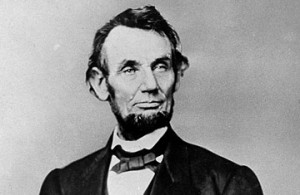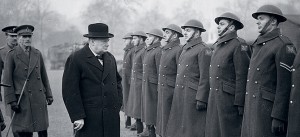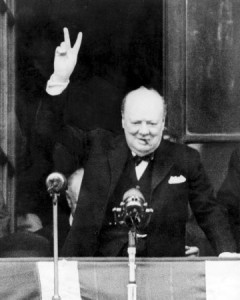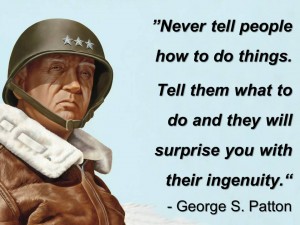 There is a lot of renewed interest in Abraham Lincoln these days. In fact, a movie about him has just been nominated for a Golden Globe Award. So, what is the deal with Lincoln? Was he really the greatest president of all time?
There is a lot of renewed interest in Abraham Lincoln these days. In fact, a movie about him has just been nominated for a Golden Globe Award. So, what is the deal with Lincoln? Was he really the greatest president of all time?
Donald T. Phillips wrote a book in 1993 entitled, Lincoln on Leadership. The subtitle was Executive Strategies for Tough Times. In that book he provides significant insight into leadership principles that Lincoln exhibited and cultivated in others. Phillips points out many unique qualities of Lincoln. He also focuses on what he calls The Lincoln Principles. He goes on to develop Lincoln’s Principles of Character, Principles of Endeavor, and Principles of Communication. I don’t have time to develop each of these. But, I recommend the book if you are interested in pursuing this line of thought on a political figure that has become a pop culture figure again of late.
One characteristic that caught my eye was the fact that Lincoln is the only U.S. president to hold a U.S. Patent. Lincoln received a patent for a method of making a certain kind of boat more buoyant. Not all that remarkable in and of itself. But it demonstrates that Lincoln was creative. He was not just a “community organizer”.
He was not only creative; he was also a great developer of leadership intelligence and information from those around him. Lincoln was keenly aware that people (his cabinet and his military leaders) were the major source of information and that in order for him to be a great leader he had to stay close to them. But being close to them was not enough. He needed the relationship to be real and intimate. He built those relationships by holding more informal meetings with these people than formal meetings.
What is the leadership principle here?
Stay close to your people. Maintain multiple informal touch points with your staff. Walk over to their office and sit down in their space. And talk to them about their world, their families, and their interests. Lincoln demonstrated this principle of the value of the human being throughout his life. Let me paraphrasing what Phillips says. He says that the foundation of Lincoln’s leadership style was an unshakeable commitment to the rights and personal worth of the individual.
May it be said of me that I hold the worth of my team and my fellow man in the highest regard.








